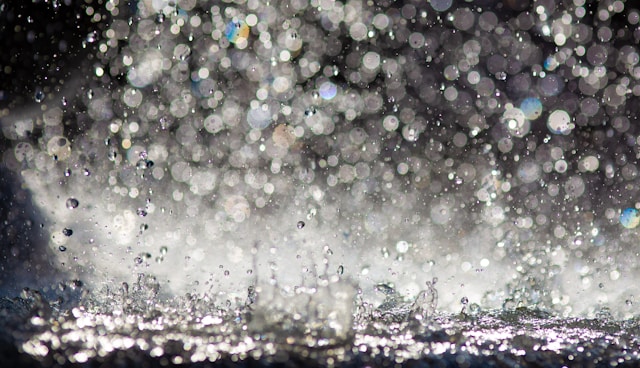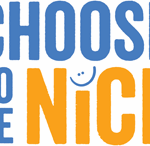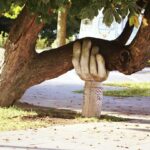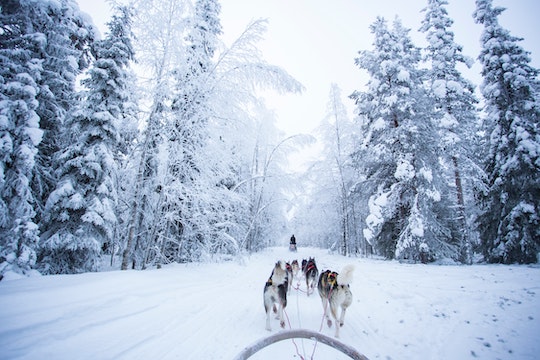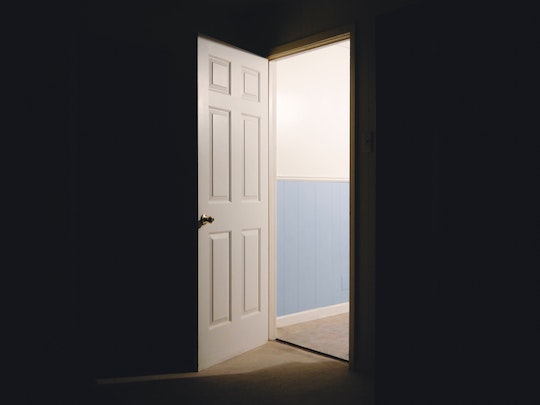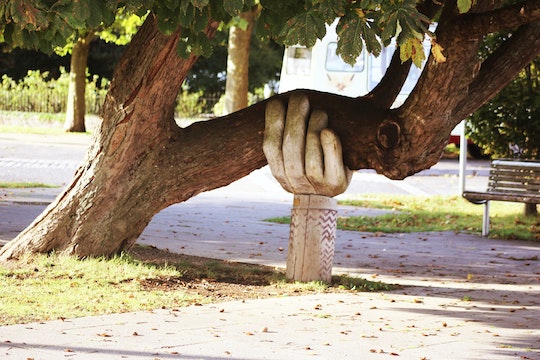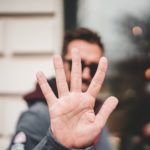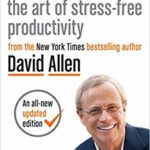Acceptance and equanimity are pathways toward a more peaceful and meaningful life.
—Calm App Reflection
Acceptance and equanimity invite us to meet life as it is, not as we wish it were.
When we stop fighting reality — even briefly — we open space for clarity and calm to arise.
Acceptance doesn’t mean giving up — it means seeing things truthfully, without resistance. Equanimity builds on that by helping us stay steady when life swings between joy and challenge.
Together, they create a foundation of peace that isn’t dependent on circumstances.
In business, relationships, or daily living, this mindset lets us respond thoughtfully rather than reacting impulsively. The more we practice acceptance and equanimity, the more we experience life with calm energy and deeper meaning.
EXERCISE:
Take a few deep breaths throughout your day to settle yourself whenever you feel stressed.
Let your exhales be a cue to release resistance and embrace what is happening — just as it is.


